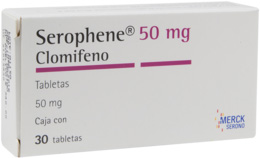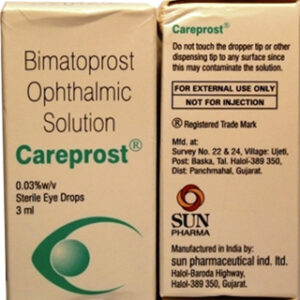Diclofenac, also known by its brand name Voltaren, is a nonsteroidal anti-inflammatory drug (NSAID) that is used to treat pain, inflammation, and swelling caused by various conditions such as arthritis, gout, and menstrual cramps. It belongs to the class of medications called phenylacetic acid derivatives. Diclofenac works by reducing the levels of substances in the body that cause pain and inflammation.
Diclofenac is available in different forms, including tablets, capsules, extended-release tablets, and topical gel. The dosage and form of diclofenac prescribed to a patient depend on the specific condition being treated and the patient’s response to the medication.
Important Precautions
Before taking diclofenac, it is crucial to inform your healthcare provider about any allergies to diclofenac or any other NSAIDs. Individuals who have had asthma, hives, or other allergic reactions after taking NSAIDs should avoid diclofenac. Additionally, diclofenac should not be used by individuals who are allergic to aspirin or other nonsteroidal anti-inflammatory drugs, as it may cause severe allergic reactions.
It is important to inform your healthcare provider about any medical conditions you have, especially if you have a history of stomach ulcers or bleeding, liver or kidney disease, high blood pressure, heart disease, or any blood disorders. Diclofenac may worsen these conditions or increase the risk of developing certain complications.
Diclofenac should not be used during the last trimester of pregnancy, as it may harm the unborn baby. It is also not recommended for use while breastfeeding, as diclofenac can pass into breast milk and may harm a nursing infant.
It is essential to follow the directions provided by your healthcare provider and to never exceed the recommended dose of diclofenac. Taking more than the prescribed dose or using diclofenac for a longer duration can increase the risk of experiencing serious side effects.
Possible Side Effects
Common side effects of diclofenac include stomach pain, heartburn, nausea, vomiting, diarrhea, dizziness, headache, and rash. These side effects are usually mild and temporary. However, if they persist or worsen, it is important to consult your healthcare provider.
More severe side effects, although rare, may occur. These include severe stomach pain, black or bloody stools, chest pain, shortness of breath, weakness on one side of the body, slurred speech, yellowing of the skin or eyes, and signs of a serious allergic reaction such as rash, itching, swelling, severe dizziness, or difficulty breathing. If you experience any of these side effects, seek immediate medical attention.
Dosing Information
The dosage of diclofenac can vary depending on the condition being treated, the patient’s age and weight, and other individual factors. It is important to follow the prescribed dose and schedule provided by your healthcare provider. Do not take more or less of the medication or use it for a longer duration than recommended.
If you miss a dose of diclofenac, take it as soon as you remember. However, if it is close to the time for your next dose, skip the missed dose and continue with your regular dosing schedule. Do not take a double dose to make up for a missed one.
In the case of an overdose, seek immediate medical attention. Symptoms of an overdose may include severe stomach pain, vomiting blood, fainting, or difficulty breathing.
Diclofenac Compatibility
Before taking diclofenac, it is important to inform your healthcare provider about all the medications you are currently taking, including prescription drugs, over-the-counter medications, vitamins, and herbal supplements. Certain medications may interact with diclofenac, affecting its efficacy or increasing the risk of side effects.
Some medications that may interact with diclofenac include blood thinners such as warfarin, anticoagulants such as dabigatran, selective serotonin reuptake inhibitors (SSRIs), diuretics, and certain antibiotics such as ciprofloxacin. Inform your healthcare provider about all your current medications to ensure safe and effective use of diclofenac.
FAQ
-
Can I take diclofenac if I am pregnant?
Diclofenac is not recommended during the last trimester of pregnancy as it may harm the unborn baby. Consult with your healthcare provider for alternative treatment options.
-
Can I drink alcohol while taking diclofenac?
It is advisable to limit alcohol consumption while taking diclofenac, as it may increase the risk of stomach bleeding and other gastrointestinal side effects.
-
Can diclofenac be used to treat headaches?
Diclofenac can be used to treat headaches, but it is important to follow the recommended dosage and consult with your healthcare provider for proper diagnosis and treatment.
-
How long does it take for diclofenac to work?
The onset of action of diclofenac varies depending on the form of the medication. It may start providing relief within 30 minutes to an hour for immediate-release tablets, while extended-release formulations may take longer to show noticeable effects.
-
Can diclofenac be used for long-term treatment?
Diclofenac can be used for long-term treatment, but it is important to regularly monitor its effects and consult with your healthcare provider to ensure its continued suitability.






Reviews
There are no reviews yet.